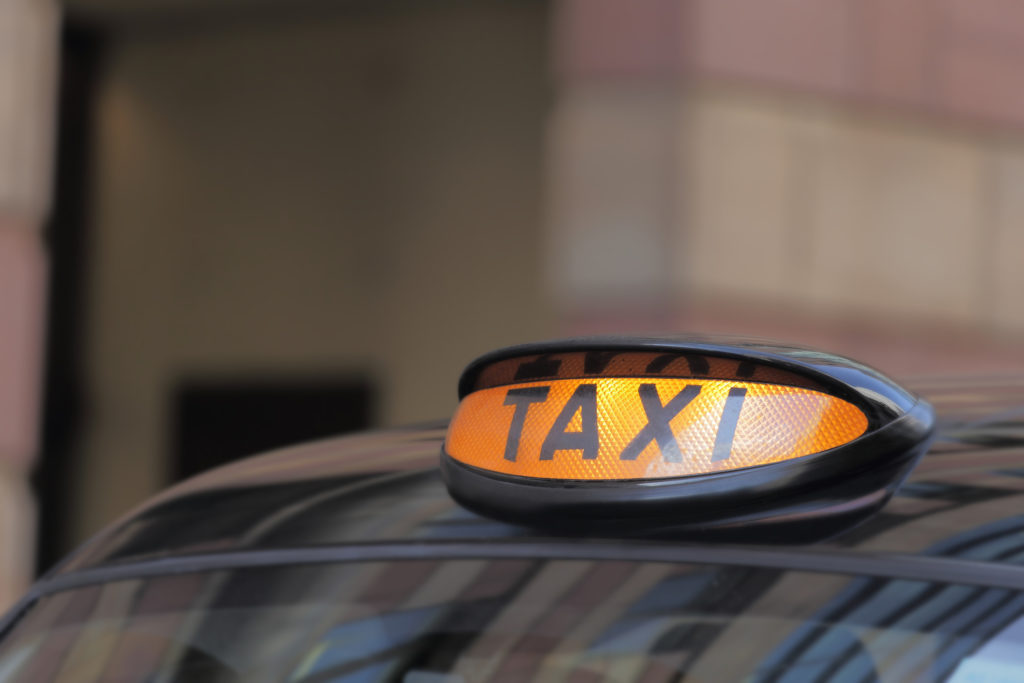
The case of Aslam and Farrar v Uber [2016] will likely receive a lot of media attention given Uber’s high profile, but the questions at the heart of the case are of great importance, especially to the so called ‘gig economy’.
In short, Uber holds its drivers out to be self-employed individuals who choose when they want to work thus benefitting from its modern business model. On behalf of Mr Aslam and Mr Farrar, two ‘test claimants’ representing both current and former Uber drivers, it was argued that the drivers are actually employed by the San Francisco-based company as ‘workers’ rather than being independent contractors (self-employed).
Most people know what is meant when someone refers to an employee or someone being self-employed, but what is a ‘worker’? Well, section s230(3) of the Employment Rights Act 1996 defines a worker as “an individual who has entered into or works under:
- A contract of employment; or
- Any other contract, whether express or implied and (if it is express) whether oral or in writing, whereby the individual undertakes to do or perform personally any work or services for any party to the contract whose status is not by virtue of the contract that of a client or a customer of any profession or business undertaking carried on by the individual.”
What could be clearer?
On 28 October an Employment Tribunal ruled that Mr Aslam and Mr Farrar are workers and therefore entitled to a limited number of employment rights. Admittedly, this does not give them as many rights as if they were employees, but they were not arguing that they were employees and the ruling certainly gives them more rights than if they were self-employed, including:
- Protection against unlawful deductions from wages
- Entitlement to the national minimum wage
- Entitlement to paid annual leave
- Entitlement to rest breaks
- A maximum (average) working week of 48 hours (unless an op-out agreement is signed); and
- Protection for making a protected disclosure (whistleblowing)
Whilst this is only a first instance decision (not binding on other courts) and only applies in the UK, it could still have a significant impact on Uber’s business model. It is inevitable they will appeal. In fact, correspondence reportedly sent by Uber to their drivers following the decision seems to confirm that there will be an appeal.
Employment status can be a tricky issue for “employers” to wrestle with. There are various factors that need to be considered when deciding if someone is an employee, a worker or self-employed. The Uber decision is likely to be heavily contested and could possibly go all the way to the Supreme Court, but is nonetheless a landmark decision for the ‘gig economy’ that could lead to many more people questioning their own employment rights.
Our employment solicitors work in partnership with organisations to improve their HR practices and advise on employment issues. To discuss the content in this article or any other HR issue call 01872 265100 or email employment@stephens-scown.co.uk.
